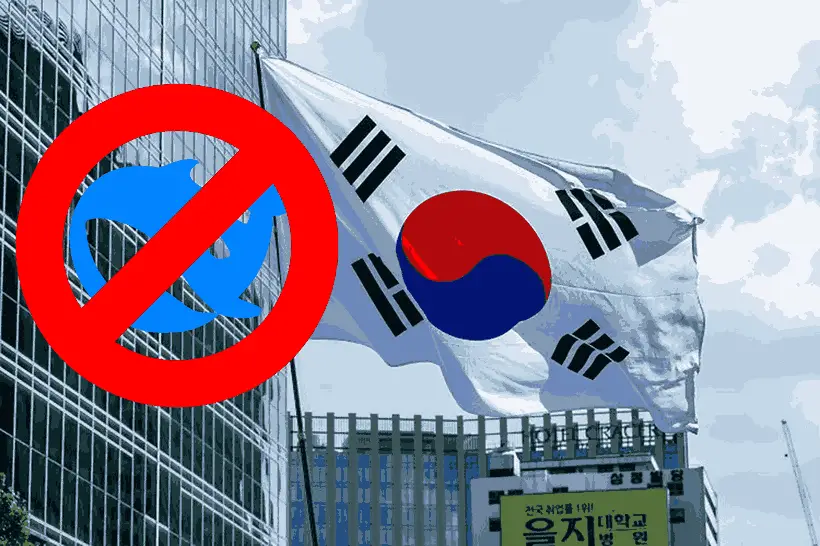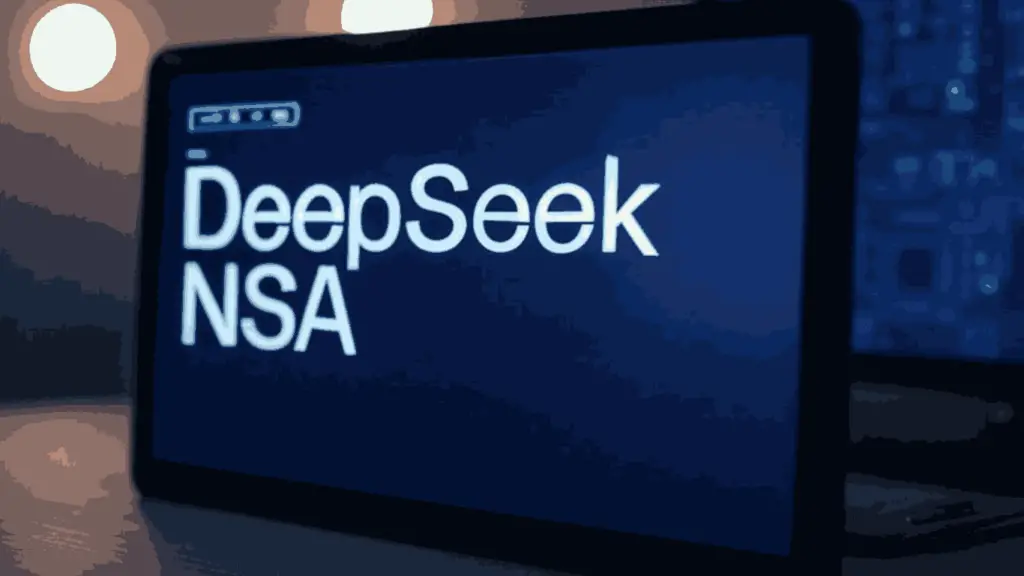Nvidia’s H20 AI chip orders have skyrocketed as Chinese tech giants adopt DeepSeek’s low-cost AI models, driving a surge in demand that’s both exhilarating and perplexing. This morning’s revelation, first reported by Reuters, comes on the heels of a rare solar flare that briefly scrambled satellite communications across Asia, causing a 15-minute blackout of real-time market data on the Shanghai Stock Exchange.
Once systems stabilized, the news broke: Chinese firms like Tencent, Alibaba, and ByteDance have “significantly increased” orders for Nvidia’s H20 chip, a China-specific model designed to comply with U.S. export restrictions, fueled by the rapid rise of DeepSeek’s cost-efficient AI innovations.
According to sources, the boom in H20 orders first detailed in reports today underscores Nvidia’s enduring grip on the AI chip market, even as DeepSeek’s models challenge the need for high-end hardware.
DeepSeek, the Hangzhou-based AI startup, has gained global attention with models like DeepSeek-R1 and DeepSeek-V3. It claims to deliver performance on par with Western giants like OpenAI’s ChatGPT at a fraction of the cost under $6 million in training expenses, compared to hundreds of millions for competitors.
This efficiency has sparked a rush among Chinese companies, not just for internal AI projects but also to power cloud computing services for smaller firms in sectors like healthcare and education, a shift from the traditional dominance of deep-pocketed financial and telecom giants, as noted by a source at one of China’s largest server makers.
The H20, launched as a less powerful alternative to Nvidia’s H100 and Blackwell chips due to U.S. export controls, has become a linchpin in this surge. Analysts estimate Nvidia shipped around 1 million H20 units in 2024, generating over $12 billion in revenue, with the latest order spike suggesting even stronger growth.
Tencent is testing DeepSeek’s models in WeChat, while Great Wall Motors integrates them into connected vehicle systems, showcasing their versatility. However, posts on X reveal a split sentiment: some celebrate DeepSeek’s democratization of AI, while others speculate whether the startup’s efficiency might reduce long-term demand for Nvidia’s premium chips, echoing investor jitters that saw Nvidia lose $593 billion in market value in January after DeepSeek’s rise.
Adding complexity, U.S. President Donald Trump’s administration is reportedly eyeing further restrictions on H20 sales to China, raising questions about the longevity of this demand surge.
Meanwhile, industry experts like Lian Jye Su of Omdia argue that DeepSeek’s focus on inference optimization rather than raw training power complements, rather than competes with, Nvidia’s hardware, potentially boosting overall chip usage via the Jevons paradox, where efficiency drives greater consumption. Yet, reports from Bloomberg suggest U.S. officials are probing whether DeepSeek accessed advanced Nvidia chips like the H100 through intermediaries in Singapore, adding geopolitical tension to the narrative.
As Nvidia prepares for its Q4 2024 earnings report on Wednesday, the tech world watches closely will DeepSeek’s rise solidify or threaten Nvidia’s AI chip dominance? This cosmic dance of innovation and regulation promises to reshape the global AI landscape.

I’m David Paul, a news writer at DeepSeek Insider, where I cover the latest developments in artificial intelligence, large language models (LLMs), and emerging AI tools in the market. With a keen interest in these cutting-edge technologies, I deliver insightful and timely updates to keep our audience informed and engaged.

